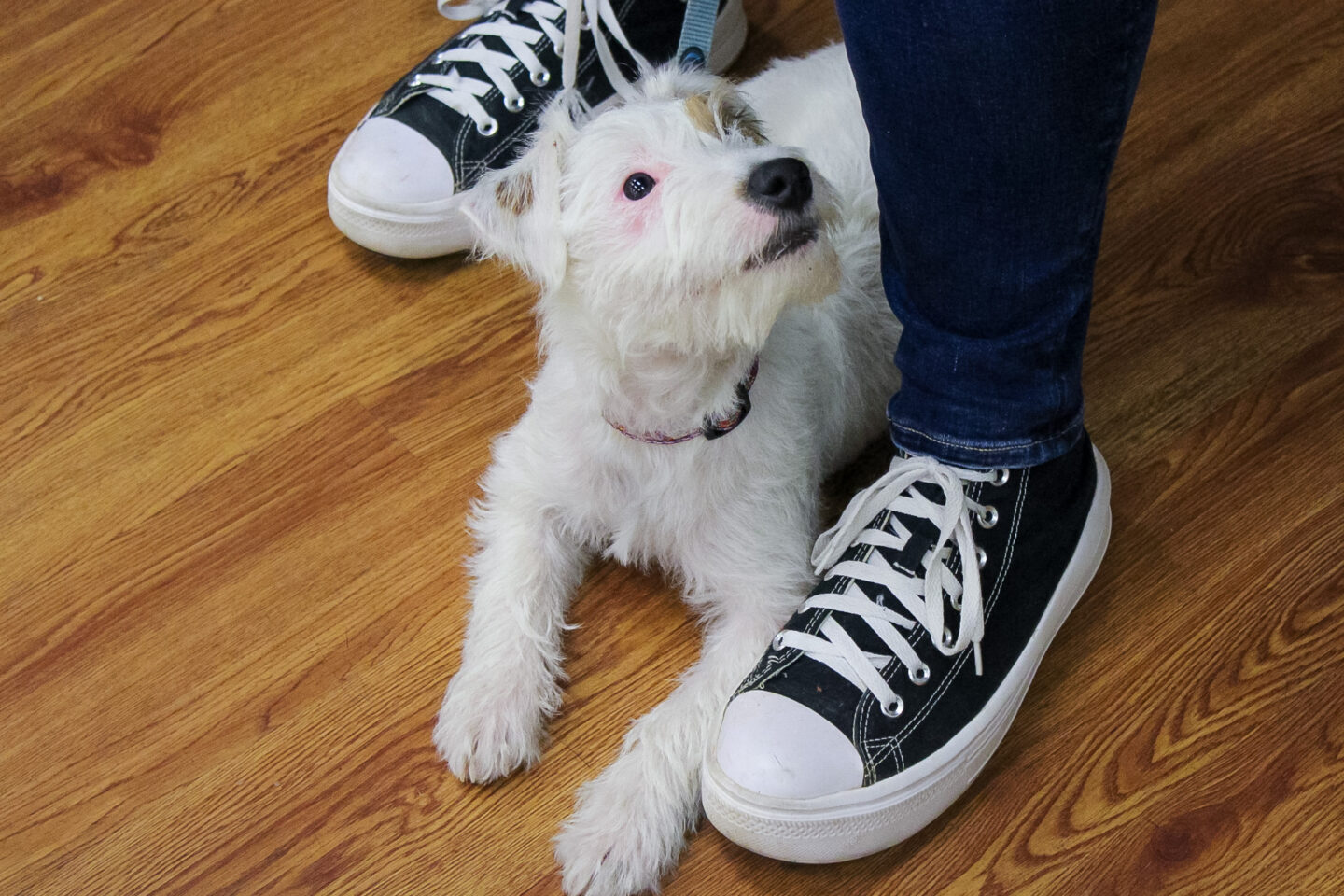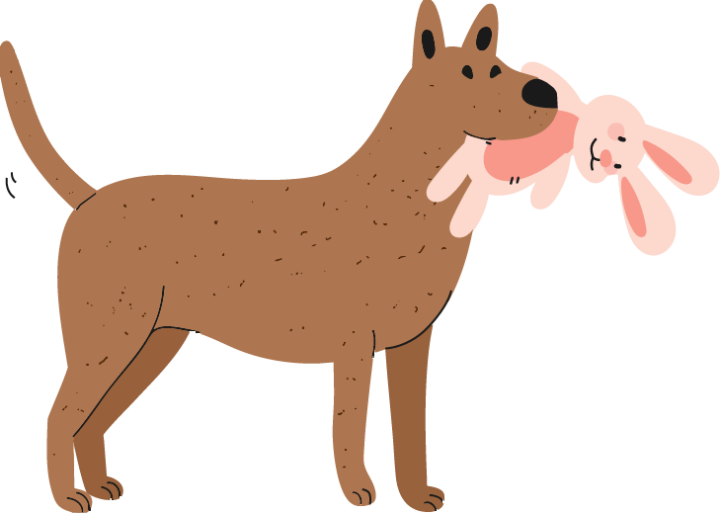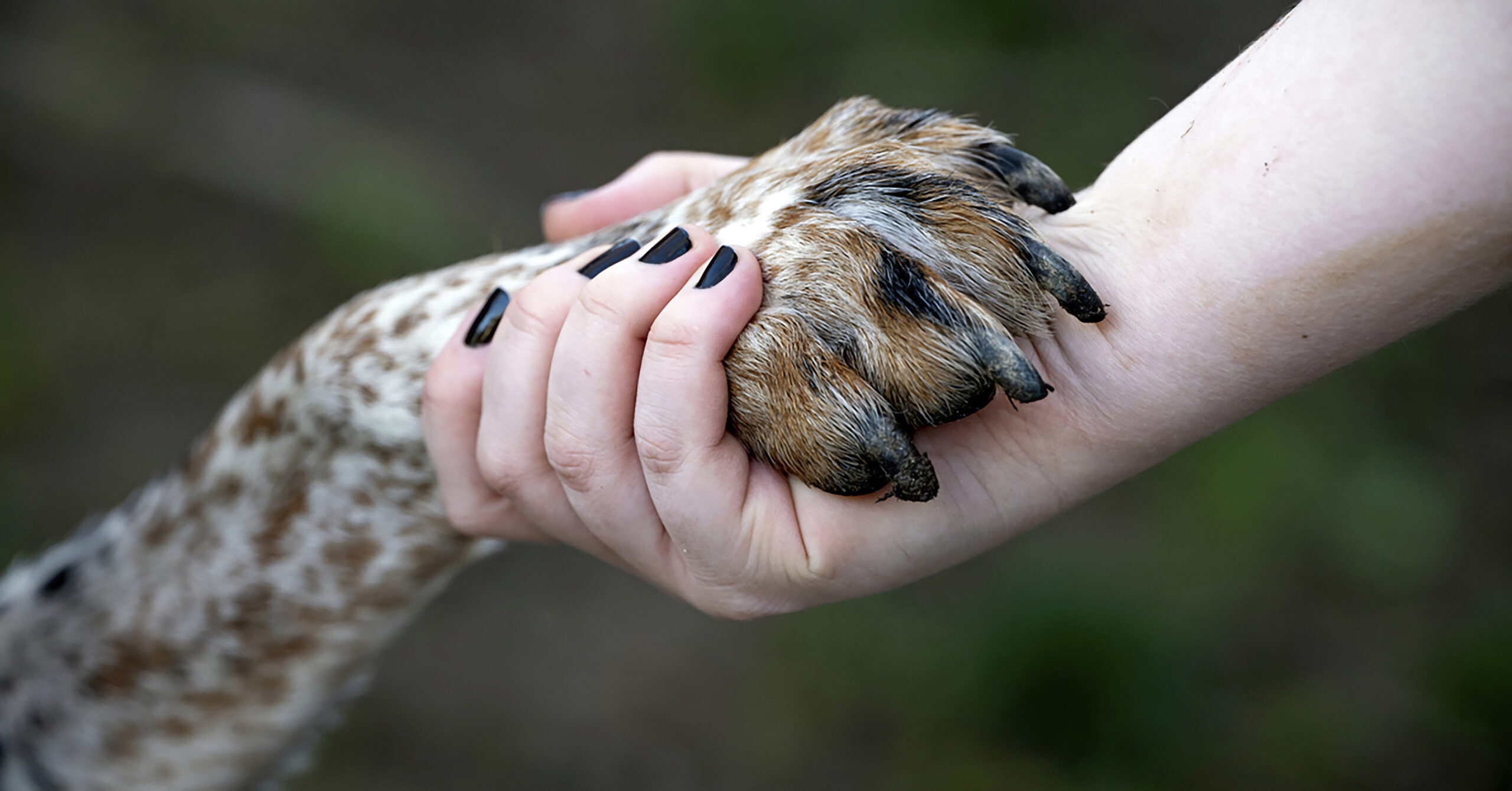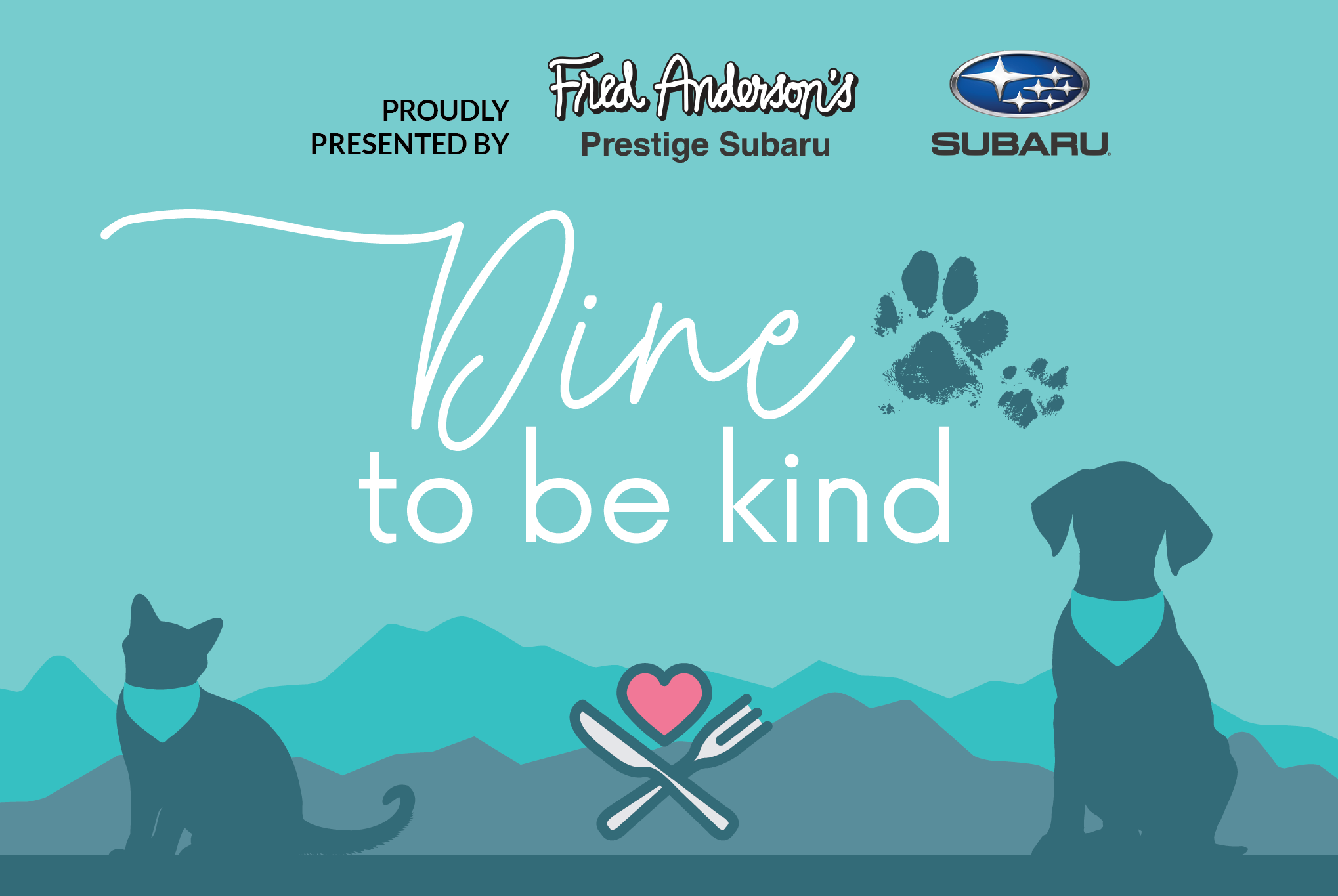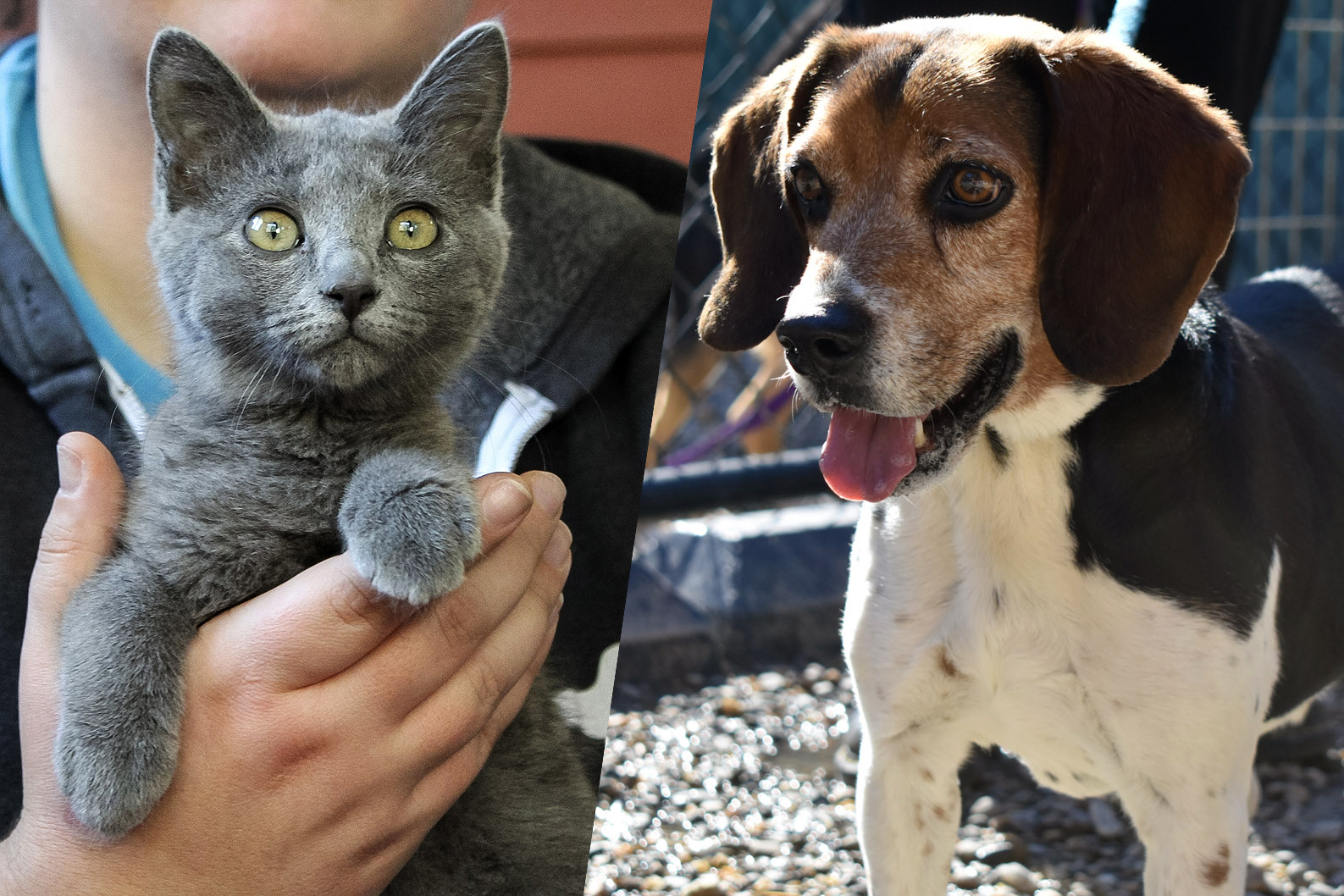by Pia Silvani, CPDT-KA, Director of Behavior and Training
Many people freely dispense treats simply because they love their pet, think they are cute and reward them just for existing. Dogs love to do things for their owners once they realize that there is something in it for them and a reward follows. Who doesn’t like to get a paycheck for a job well done?
So, what is a reward? Think of it as a motivator in the eye of the beholder—anything that your dog (or cat) likes. It may not be rewarding to you or to other animals. The more you reward what you like, the quicker and more often the dog will perform!
Some dogs “live” for their morning Frisbee romps, while others don’t see the purpose of chasing a round floppy disc 40-50 times. Chasing, barking and nipping at children might be reinforcing to many dogs, but definitely not to children—nor is it acceptable behavior. Finding out what “turns your dog on” is critical if you are going to use your rewards as part of your training. Once you have figured out what those rewards are, put them into your pockets before each walk so you are ready to reinforce any and all good behavior.
To help you find your dog’s motivational triggers, begin by listing them in order of your dog’s preference, #5 being the lowest #1 being the highest. In other words, what is your dog willing to work for?
Play/Toys: Name 5 games your dog loves to play
It’s what your dog likes to do or play with, not what you think he should be playing with. Some love fetch, others prefer tug. Test out different toys. Some love fuzzy toys, some like rope toys, while others like balls. Empty plastic water or detergent bottles are a big hit with many dogs. Use your imagination!
If you are using toys as a reward in training, then avoid leaving them out for your dog to play with during non-training times. The value of these toys will diminish quickly. Since puppies have short attention spans, 2-3 sessions of one game is enough—so you’ll need a variety of reinforcers when first starting out until they get hooked!
Praise: Name 5 words that cause your dog’s tail to wag
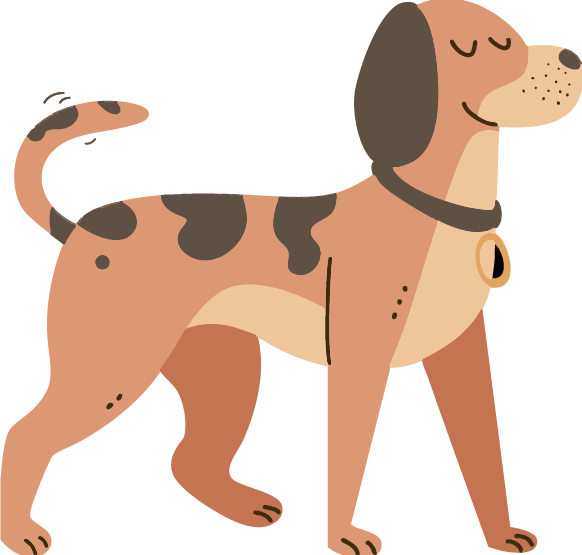
Eventually, your dog will associate the word “yes” with something good. Once she understands what “yes” means, you can tell her “yes,” give him a treat and pet her. Gradually stop giving the treat after “yes” and simply follow it with petting.
Real Life Rewards/Travels: Name 5 things your dog loves to do and places she enjoys going
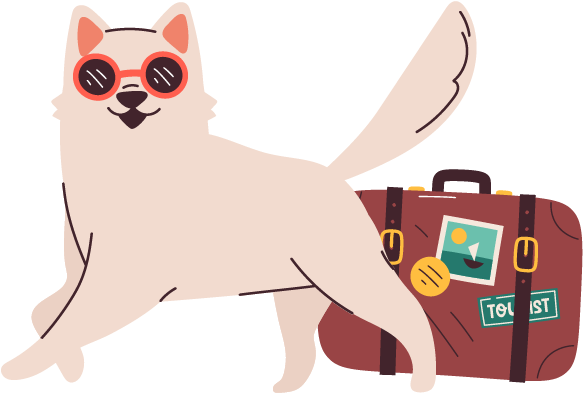
Food: Name 5 food items your dog loves to eat
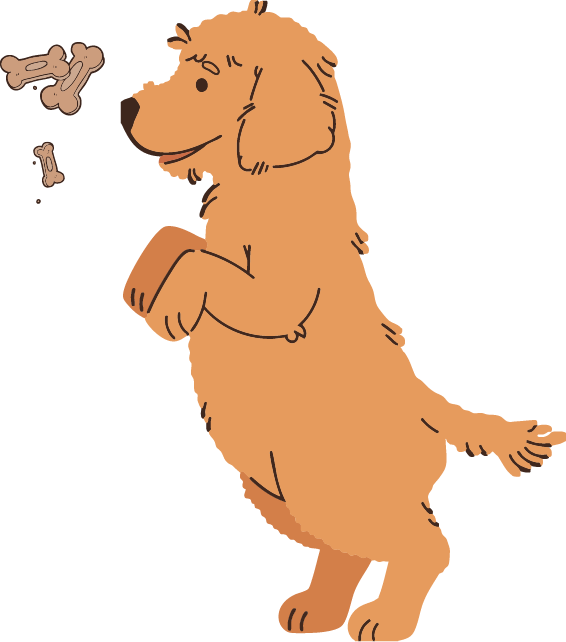
Think about how stuffed you are after Thanksgiving dinner. Warm apple pie a la mode may not be as rewarding as it would be when you have had a piece of broiled fish!
Petting: List 5 ways your dog likes to be touched
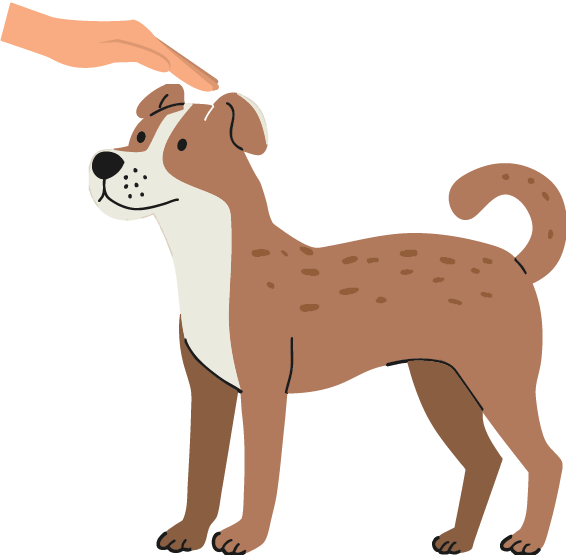
Be creative, have patience and enjoy the learning/training process that you will experience together. You will not regret the results!
Pia Silvani
See more from our Behavior Blog
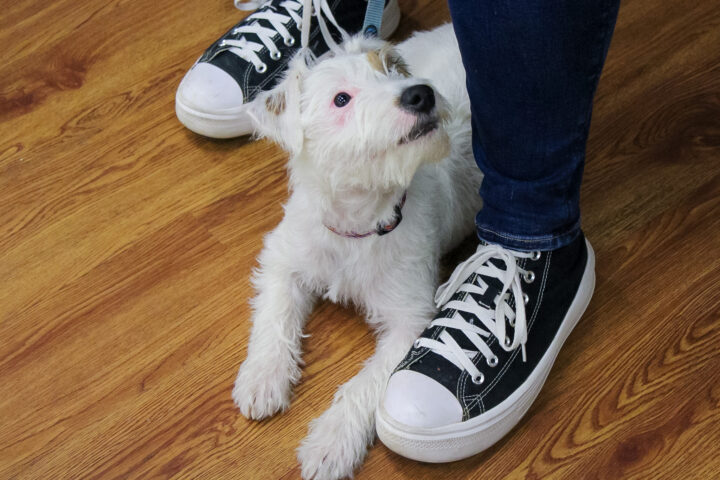
Rewards: In the Eye of the Beholder
Who doesn’t love spoiling their pets? Rewards—whether treats, praise, or play—motivate dogs (and cats!) to repeat behaviors they know please you. The more you reward what you love, the quicker they’ll learn and the happier everyone becomes. Read on for some tips to encourage the right behaviors.
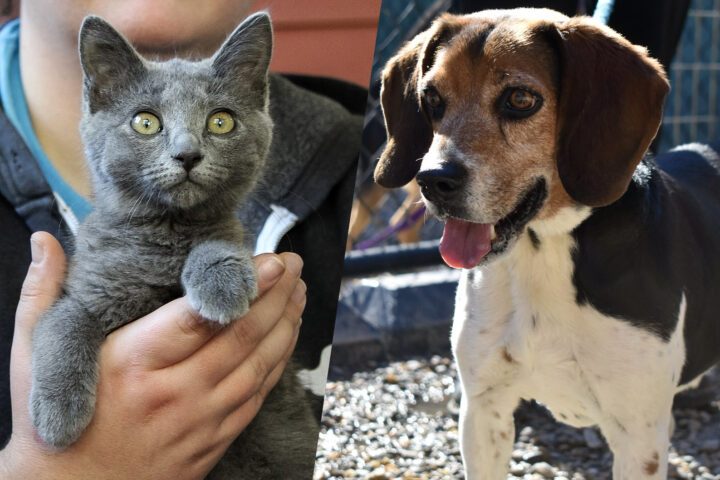
Introducing Dogs and Cats to Each Other
Despite what you may have heard, many dogs and cats can live together without concern. However, not ALL dogs and cats are meant to live with each other. This has a lot to do with each pet’s personality, experience, age and more.
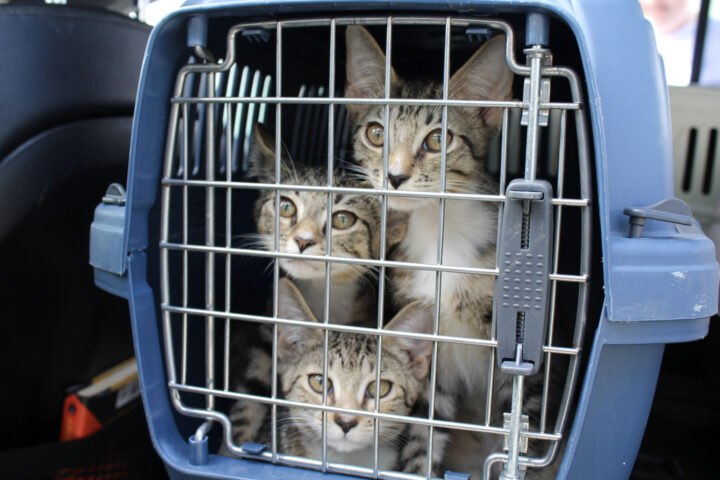
Are You Ready When Disaster Strikes?
When Hurricane Helene struck Asheville, many pet owners were unprepared for sudden evacuations. Without crate training or travel experience, pets faced added stress in shelters and hotels. Here are some essential tips to help your pet stay calm and safe during emergencies—because disaster can strike anytime. Be ready before it happens!
